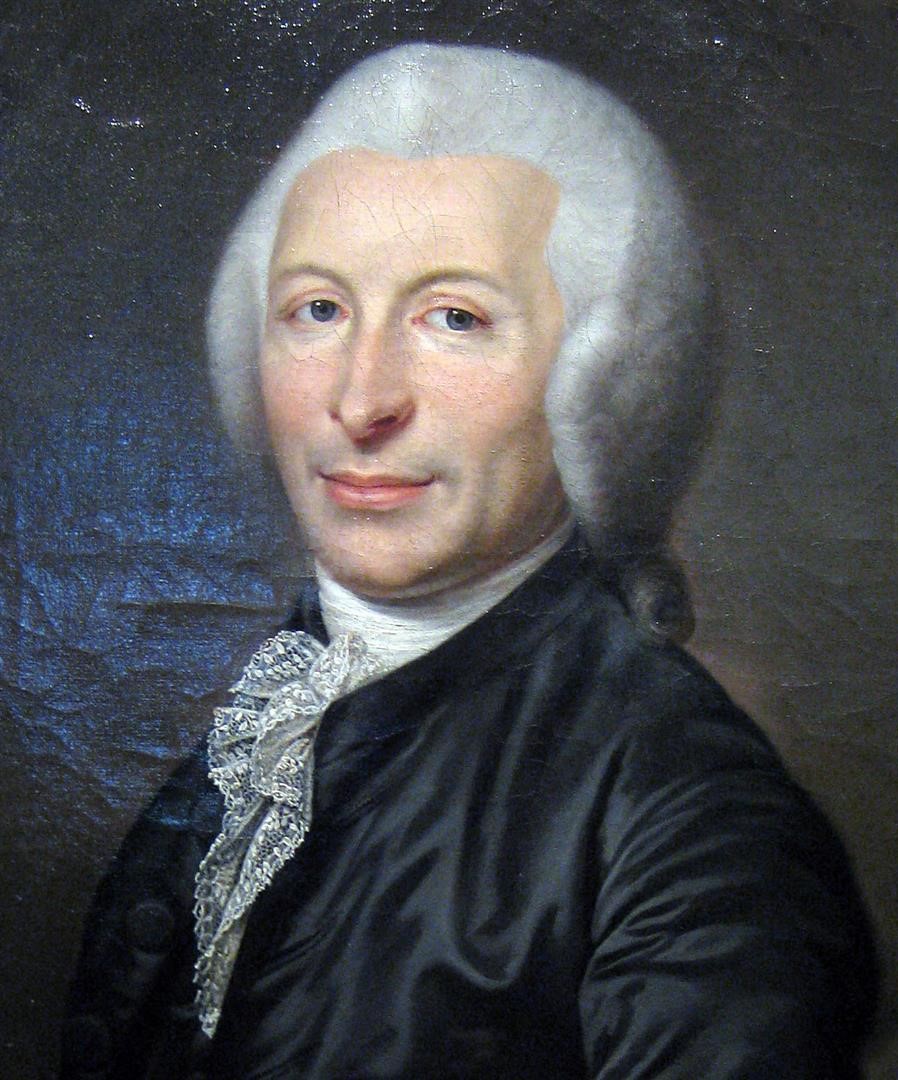Search
Joseph-Ignace Guillotin

Born May 28, 1738 - Died March 26, 1814
Joseph-Ignace Guillotin was a French physician and politician.
Guillotin was born on May 28th, 1738 in Saintes, France. He wrote an essay for his Master of Arts degree at the University of Bordeaux, it so impressed the Jesuit priests, he was asked to become a professor of literature at the Irish College in Bordeaux. After a few years he left the position to travel to Paris and begin studying medicine. He later received a diploma from the Reims University, a school shutdown during the French Revolution. He went on to receive a prize given by the University of Paris granting him the title of Doctor-Regent.
In 1784, Guillotin was assigned to a committee created by King Louis XVI to investigate the claims of Franz Mesmer on his theories of "animal magnetism". Guillotin was on the committee with Benjamin Franklin.
In 1788, Guillotin authored a pamphlet titled Petition of the Citizens Living in Paris. In the pamphlet he discussed the proper constitution for the Estates-General. Because of his pamphlet he was summoned to appear before French Parliament to give and account of his opinions. This caused a rise in Guillotin's popularity in the country. The following year he became part of the Estates-General of 1789. The Estates-General was a group of committees called by Louis XVI to propose solutions to the financial issues in the kingdom. The estates of the realm were clergy (First Estate), Nobility (Second Estate) and commoners (Third Estate). Guillotin was largely focused on medical issues facing France. He served as part of the assembly until 1791.
It was during his time in the Estates-General when Guillotin made his suggestion for the creation of a mechanism to "behead painlessly." Guillotin was against capital punishment and saw his idea for a mechanism as a more "humane" move to bring society toward an abolishment of the death penalty. He also hoped a more quick and clean method discouraged families from coming out to watch the executions. Despite the commonly held belief Guillotin invented the mechanism, now commonly known as the guillotine, he actually did not invent it. It was invented by Antoine Louis.
In addition to the quick and painless method of execution Guillotin was calling for, he also saw it as a way of leveling society. In France at the time it was nobility who were put to death by beheading. Commoners were generally hung. Guillotin felt if the punishment for all was the same, it made it easier for the people to be appreciative of their rights.
Guillotin followed up his original comments about his theoretical mechanism in a speech on December 1st, 1789. In the speech he stated "Now, with my machine, I cut off your head in the twinkling of an eye, and you never feel it!" This became a punch line in popular jokes at the time, a song was even created to make fun of the statement.
At the end of the Reign of Terror, Guillotin was arrested after a letter being sent to him from a Count who was to be executed, was intercepted by the public prosecutor. In the letter the Count asked Guillotin to take care of his wife and children. Guillotin was questioned about the location of the Counts family. He refused to answer, either because he didn't know or was unwilling to give up the Counts family. Regardless he was imprisoned for refusing to answer. He was released after the Reign of Terror came to an end.
Until the day he died, on March 26th, 1814, Guillotin regretted his name was used by for the mechanism he suggested. His family was embarrassed by it as well and petitioned the French Government to change the name and they refused. It is a commonly held belief Guillotin was executed by the device he had recommended. This most likely comes from the fact J.M.V. Guillotin, a doctor from Lyons was executed by use of the Guillotine, creating confusion between the two. Guillotin passed away from natural causes.
Guillotin was a member of La Parfaite Union Lodge in Angoulême, France. He was a very active mason and was involved in many lodges. He was known to frequently visit Les Neuf Soeurs, the Lodge of the Nine Sisters where Benjamin Franklin visited while in Paris and where many of the enlightenment figures gathered, including Voltaire. He also took part in the birth of the Grand Orient of France.
This article provided by Brother Eric C. Steele.